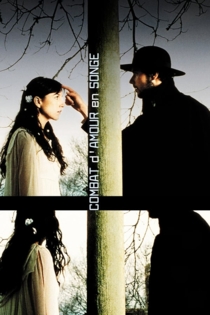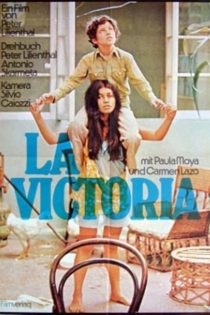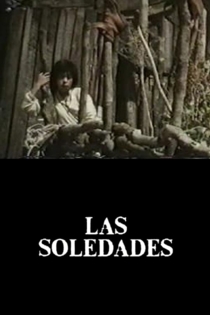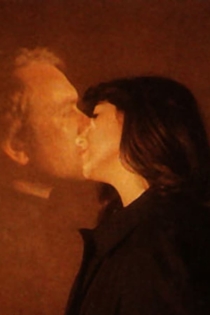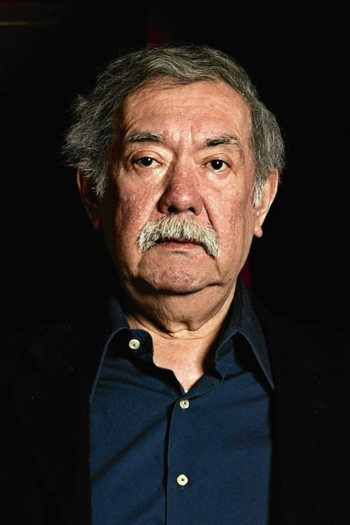
Raúl Ruiz
1941 - 2011Description above from the Wikipedia article Raúl Ruiz (director), licensed under CC-BY-SA, full list of contributors on Wikipedia.
Manuel on the Island of Wonders
Raúl Ruiz
Ruben de Freitas, Teresa Madruga
When the child Manuel wanders into a garden that is off-limits to him, he meets an unidentified fisherman, and another boy -- the boy is actually himself several years down the road. Manuel experiences three different versions of his encounters in the garden, revealing that fate can have several twists and turns in one's life, depending on decisions that are made early on.
Manoel’s Destinies
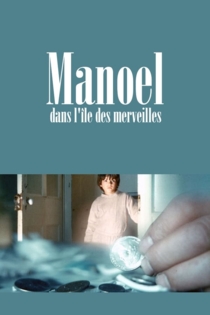
Lettre d'un cinéaste ou le retour d'un amateur de bibliothèque
Raúl Ruiz
Ruiz, rediscovering the things of his past in Chile ten years after the Coup, regards them now with the eyes of another world. This other world is cinema, the mechanical gaze of a Super 8 camera. This eye sees very deeply, even beyond reality and brute memory.
The Return of a Library Lover
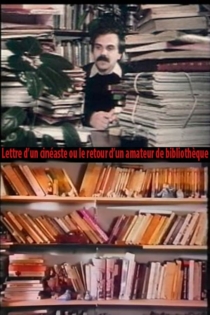
Cofralandes, rapsodia Chilena
Raúl Ruiz
Raúl Ruiz, Bernard Pautrat
An experimental four-part 2002 Franco-Chilean digital video series written and directed by Raúl Ruiz. The first part won a FIPRESCI Award at the Montreal World Film Festival in 2002 "for the director's personal exploration into his homeland, using DV in a rigorous yet playful manner".
Cofralandes, Chilean Rhapsody
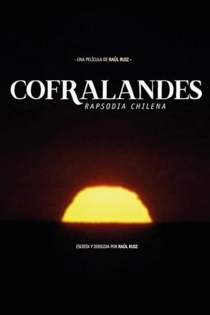
De grands événements et des gens ordinaires
Raúl Ruiz
In 1978, Ruiz was commissioned to make a television documentary about the French elections from the viewpoint of a Chilean exile in Paris’ eleventh arrondissement. But, contrary to the producers’ expectation, the Left lost. Ruiz seized on this anti-climax to make a documentary about nothing except itself – a film whose central subject is forever lost in digression and ‘dispersal’, harking back to his Chilean experiments of the ‘60s. Its political content is deliberately left negligible: it’s hard to tell at the end who did actually win the election, let alone why.
Of Great Events and Ordinary People
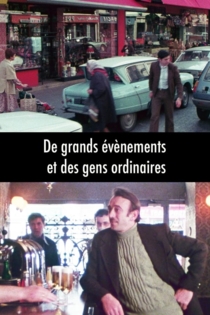
L'Hypothèse du tableau volé
Raúl Ruiz
Jean Rougeul, Gabriel Gascon
Two narrators, one seen and one unseen, discuss possible connections between a series of paintings. The on-screen narrator walks through three-dimensional reproductions of each painting, featuring real people, sometimes moving, in an effort to explain the series' significance.
The Hypothesis of the Stolen Painting
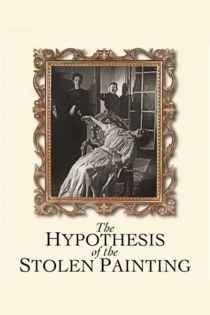
Mistérios de Lisboa
Raúl Ruiz
Adriano Luz, Maria João Bastos
The tragic story of the many lives of Father Dinis, his dark origins and his pious works, and the different fates of all those who, trapped in a sinister web of love, hate and crime, cross paths with him through years of adventure and misfortune in the convulsed Europe of the late 18th and early 19th centuries.
Mysteries of Lisbon
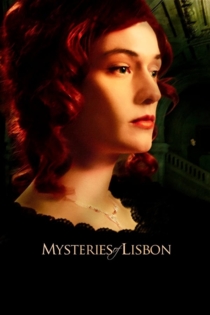
La Recta Provincia
Raúl Ruiz
Bélgica Castro, Ignacio Agüero
This was a man. He lived with his mother. He cared a manor house in the countryside of Chile. One day the man found a bone in the garden. The bone was bored. That was a bone flute. The man with the flute music play. And music song became. The voice of the song begging to seek the other bones of his scattered body. The man and his mother were in those ways of God and hell, looking for the bones that make up the skeleton of that Christian. And give him a Christian burial. And they saw what they saw, they lived what they lived. Many stories lived. And although they did not tell anyone, others told them.
La Recta Provincia
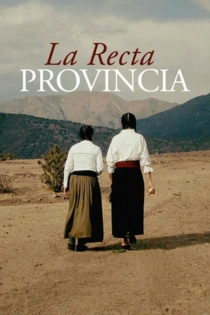
Ahora te vamos a llamar hermano
Raúl Ruiz
Raoul Ruiz shot this film on March 28th, 1971, during the big peasant march in Temuco, Chile, when the bill that gave the full citizenship and civil rights to the Mapuche Indio people was approved. Raoul Ruiz listens to their painful stories.
Now We're Going to Call You Brother
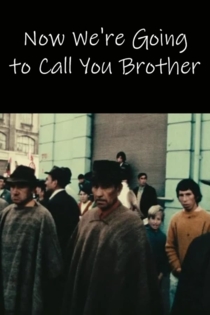
E Agora? Lembra-me
Joaquim Pinto
Joaquim Pinto, Nuno Leonel
Joaquim Pinto has been living with HIV and VHC for almost twenty years. “What now? Remind Me” is the notebook of a year of clinical studies with toxic, mind altering drugs as yet unapproved. An open and eclectic reflection on time and memory, on epidemics and globalization, on survival beyond all expectations, on dissent and absolute love. In a to-and-fro between present and past memories, the film is also a tribute to friends departed and those who remain.
What Now? Remind Me
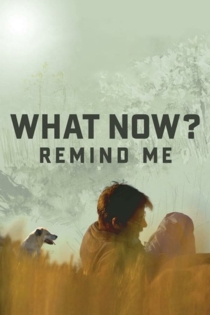
The Expropriation
Raúl Ruiz
Delfina Guzmán, Nemesio Antúnez
The film captures the activities of the inhabitants in the countryside, in southern Chile, and the CORA (Corporation for Agrarian Reform). Although the action was filmed in four days and four nights in 1971, the movie was only finished in France in 1973, after the military coup.
The Expropriation

Super Pumped
Raúl Ruiz
Франсуа Клузе, Grégoire Colin
Each season of this anthology series explores a story that rocked the business world to its core and changed culture. The first season tells the story of Uber, one of Silicon Valley’s most successful and most destructive unicorns.
Super Pumped
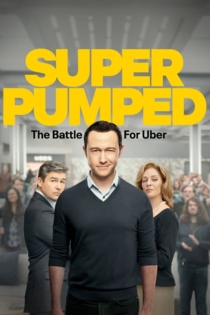
Love Torn in Dreams
Raúl Ruiz
Melvil Poupaud, Elsa Zylberstein
A serious young man of free spirit is forced by his surroundings to become rich at all costs. A group of blind children tries to open the eyes of the unbelievers to the Christian faith. Retired nuns who open a brothel, to pay the running costs of the convent. These rather ironic paradoxes turn this fairytale into a philosophical fable.
Love Torn in Dreams
